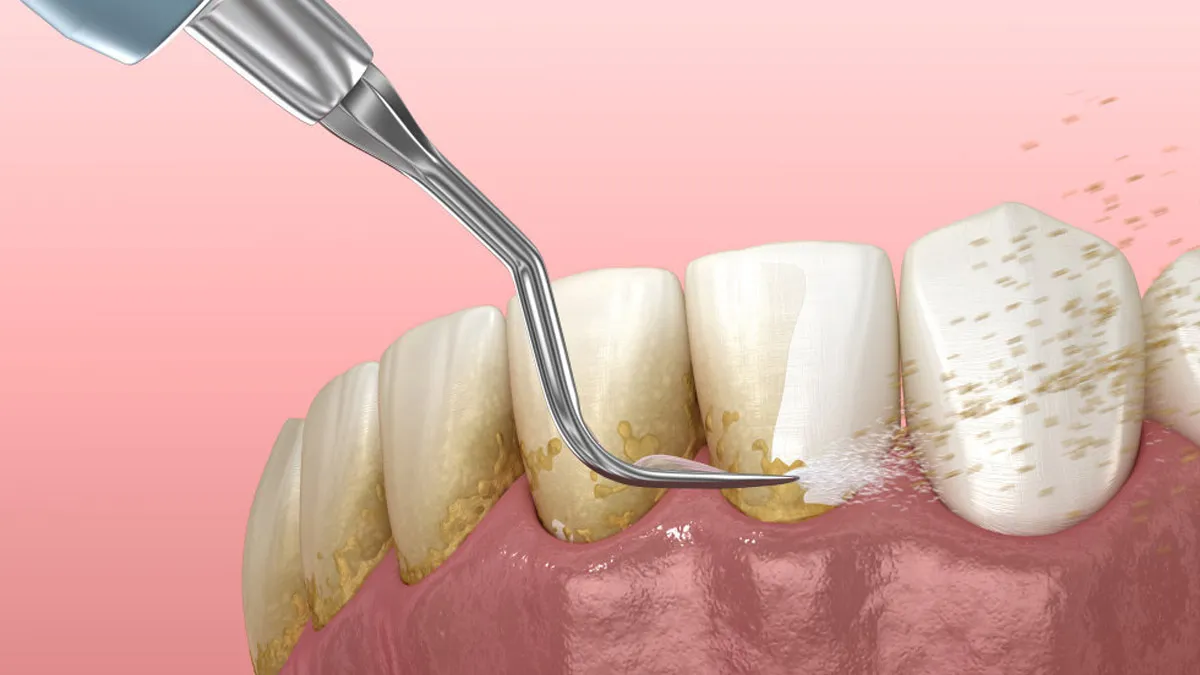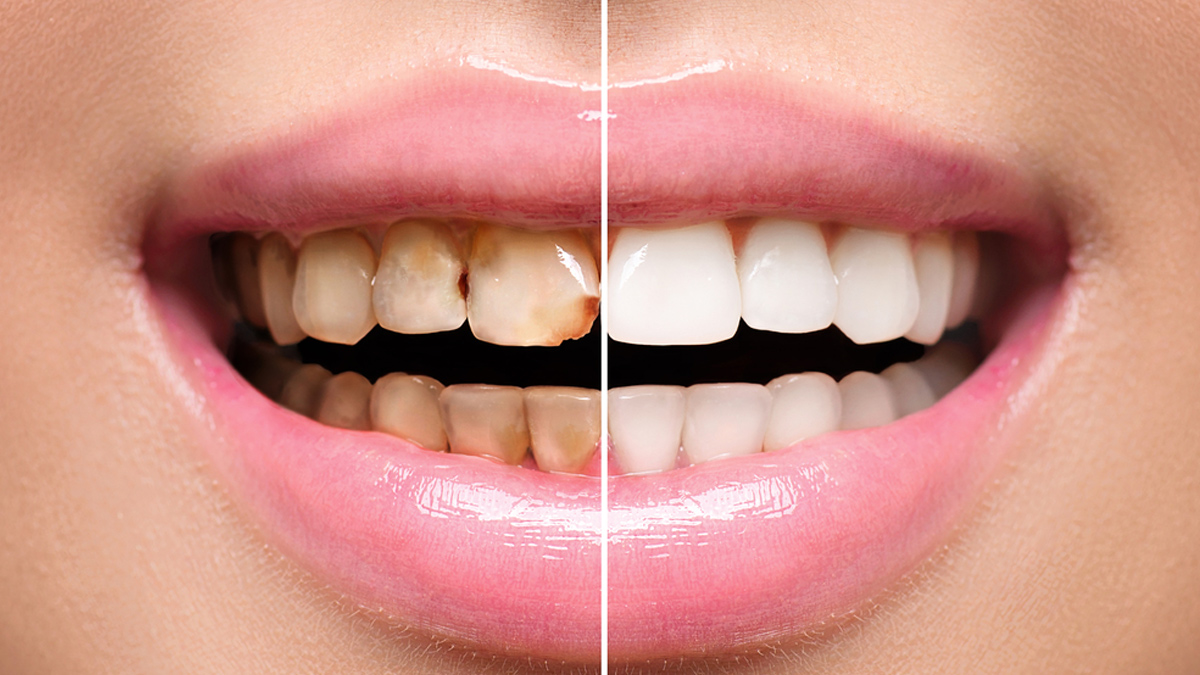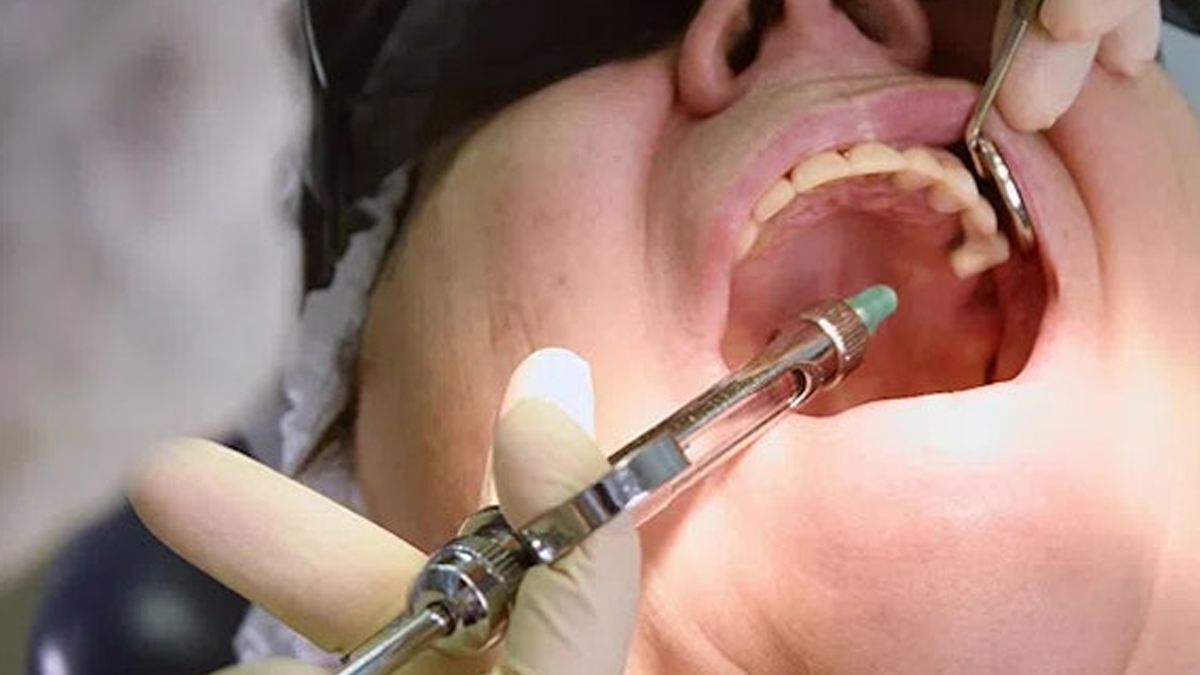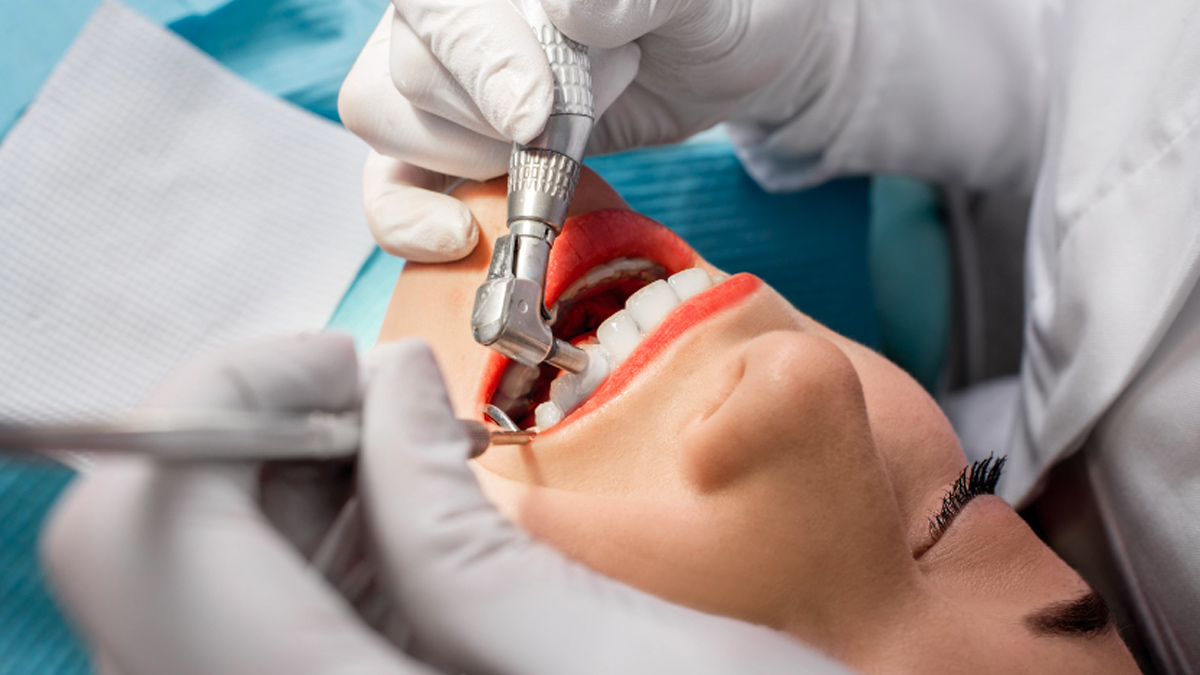
Most individuals are concerned that tooth scaling will damage their teeth. For instance, you may hear someone complain, "After scaling, my teeth were sensitive. Did it hurt them? " This is a common misconception. Tooth scaling, in fact, is a healthy and harmless dental procedure that protects your mouth. It breaks down plaque and tartar that brushing and flossing cannot remove. But what is actually tooth scaling, and does it really harm your teeth? We reached out to Dr Lakita Gulati, Periodontist, Sh Wazir Chand Memorial Dental Clinic, New Delhi, to know the truth.
Table of Content:-
What Is Tooth Scaling?![tooth scaling 1 - 2025-06-26T150238.696]()
Tooth scaling is a thorough cleaning procedure performed by a dentist. It cleans with special instruments to remove sticky plaque and hard tartar from your teeth, particularly below the gumline. Plaque is a daily buildup of bacteria. If it isn't removed, it hardens into tartar, which can lead to gum disease and tooth loss. Regular scaling prevents these conditions and maintains your gums and teeth in good health.
ALSO READ: Kishwer Merchant Takes Her Kids to Brush Together: Here’s How Parents Can Enhance Kids’ Gum Health
Does Tooth Scaling Damage Your Teeth? ![tooth scaling damages teeth 2 - 2025-06-26T150235.755]()
Dr Lakita Gulati says, “If performed by a trained professional with all the right measures, tooth scaling does not cause damage to the tooth. In fact, it is strongly recommended to reduce the risk of tooth loss and prevent periodontal disease. Regular professional scaling and periodontal therapy (SPT) should be provided.”
She adds that, at first, scaling should be done every three months. After that, the schedule can be adjusted based on your risk. People at higher risk may need scaling every three months, while those at lower risk may do well with a frequency of three to six months. Dr Gulati also points out that some studies suggest regular scaling may have a positive impact on overall health, not just your mouth.
What Are the Real Risks?
While tooth scaling is safe, problems can occur if it’s not done properly. Dr Gulati explains, “Increased contact time of the instrument on the tooth, the angle of the tip, and using too much pressure can increase the risk of tooth damage.” Also, if there isn’t enough water cooling during the procedure, friction can heat up the tooth and cause harm. That’s why it’s so important to have scaling done by a skilled dentist who follows all safety steps.
Some people may feel mild sensitivity or soreness after scaling. This is normal and usually goes away in a few days. Serious side effects are rare when the procedure is done correctly.
The Benefits of Tooth Scaling![benefits of tooth scaling 3 - 2025-06-26T150240.973]()
There are numerous advantages of tooth scaling:
- Removes tartar and plaque that brushing is not able to reach
- Prevents tooth loss and gum disease
- Decreases bad breath
- Helps maintain your smile clean
- Could reduce the risk of other diseases associated with gum disease, such as heart disease and diabetes
ALSO READ: Not Brushing Your Teeth Before Bed Could Increase Heart Disease Risk? Expert Weighs In
Conclusion
Scaling your teeth does not hurt your teeth if performed by a qualified dentist. It is an important part of maintaining a healthy mouth and avoiding serious oral issues. These tooth-damaging myths are false; scaling is safe and highly recommended for most individuals. Always have a qualified professional attend to your needs and adhere to their recommendations for optimal outcomes.
Also watch this video
Read Next
Flat feet And Postural Collapse In Children: Expert Explains This Growing Orthopaedic Crisis
How we keep this article up to date:
We work with experts and keep a close eye on the latest in health and wellness. Whenever there is a new research or helpful information, we update our articles with accurate and useful advice.
Current Version



